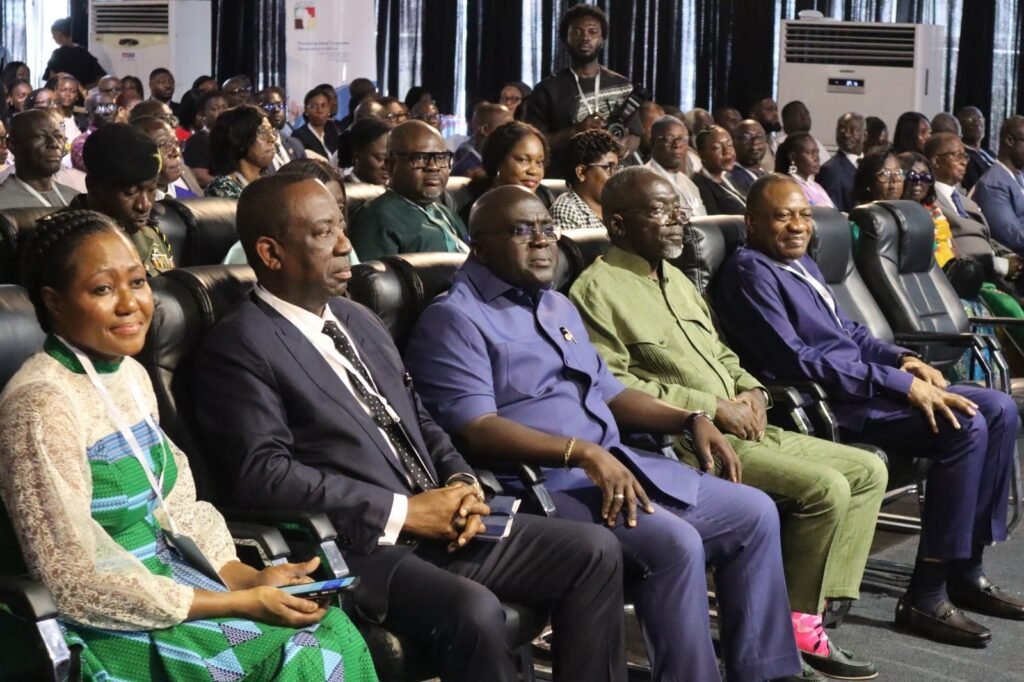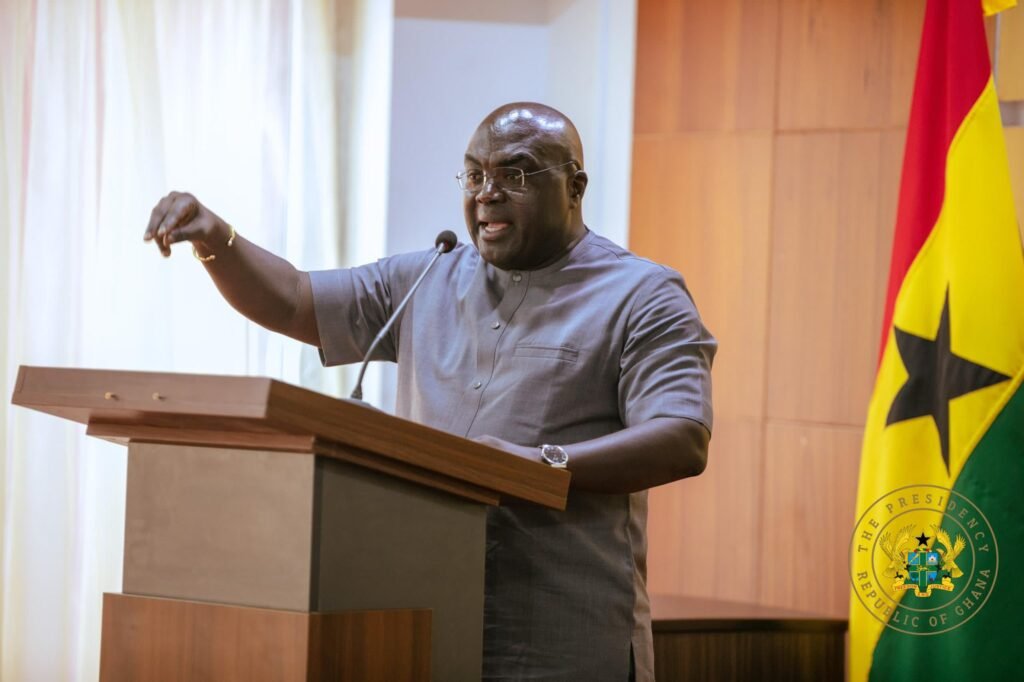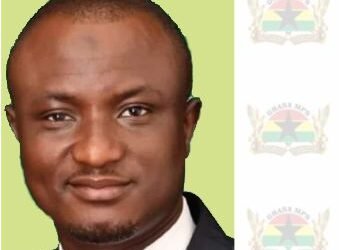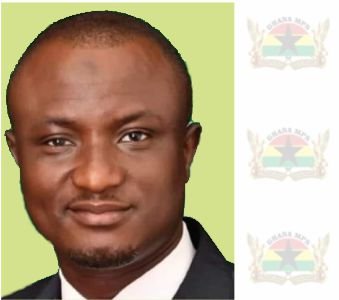Chief of Staff Hon. Julius Debrah has challenged boards of both public and private institutions to embrace transparency, ethical standards, and generational governance to protect national projects from political interference.
He said effective corporate governance must transcend partisanship and short-term interests to secure the nation’s development goals.
Addressing the National Boardroom Governance 2025 Conference in Accra on Tuesday, October 14, Hon. Debrah warned that poor boardroom practices pose serious risks to Ghana’s corporate and institutional landscape, maintaining that boards that fail to uphold integrity and transparency expose themselves to legal challenges, financial instability, and reputational damage.
“When boardrooms think generationally, the present becomes the foundation, not the finish line. We must, however, acknowledge the realities before us. Boards today operate in an environment of heightened public scrutiny, fast-changing markets, and tightened regulations”
Hon. Julius Debrah, Chief of Staff
Hon. Debrah underscored that strong governance structures were vital to insulating national projects from political influence and mismanagement, adding that the boards that function independently and ethically can sustain progress across successive administrations.

He cautioned that boardrooms “failing to build ethical cultures invite public mistrust and institutional decline,” adding that the stakes for governance accountability have never been higher in Ghana’s evolving democratic environment.
“Wrong governance invites reputational harm, legal exposure, and financial instability. That is why the government continues to strengthen accountability and transparency through targeted initiatives such as the Reset Agenda and Government Accountability”
Hon. Julius Debrah, Chief of Staff
The Chief of Staff explained that the Reset Agenda, launched under President John Dramani Mahama’s administration, seeks to rebuild trust in public institutions through greater openness and results-oriented governance.
The initiative, he said, requires public officers to operate transparently, particularly in areas involving procurement, resource allocation, and oversight of public enterprises.
Institutional Reform
According to the Office of the Chief of Staff, the government has introduced and is introducing more robust mechanisms to enforce good governance principles across all sectors – to strengthen Ghana’s institutional resilience and restore public confidence in state governance.

This includes the Government Accountability Series, which requires ministries and agencies to publicly report on their policies and achievements to improve transparency and performance monitoring.
He further explained that when boards operate on ethical foundations, they create continuity in governance and shield national projects from disruptions caused by political changes.
Hon. Debrah also noted that generational governance – governance that plans beyond current leadership cycles – must become a norm for all Ghanaian institutions if sustainable development is to be achieved.
The National Boardroom Governance 2025 Conference, also known as the Boardroom Governance Summit, was convened as a high-level platform to promote best practices in corporate and institutional management.
It brought together policymakers, regulators, and governance professionals from across Africa to discuss strategies for improving board performance and accountability. According to the organisers, the summit aims to “create a shared framework for governance reform across African institutions,” by promoting ethical leadership and cross-sector collaboration.
Hon. Debrah’s call aligns with ongoing government efforts to build institutional trust and ensure that the country’s public and private boards remain transparent, responsible, and politically neutral.

His remarks reaffirmed the Mahama administration’s broader objective of creating a governance culture that serves citizens rather than political interests.
The Chief of Staff concluded by urging Ghanaian board leaders to view their roles as custodians of public trust and as architects of long-term national progress.
READ ALSO: Broadcaster Condemns Silence Surrounding School Sexual Molestation





















